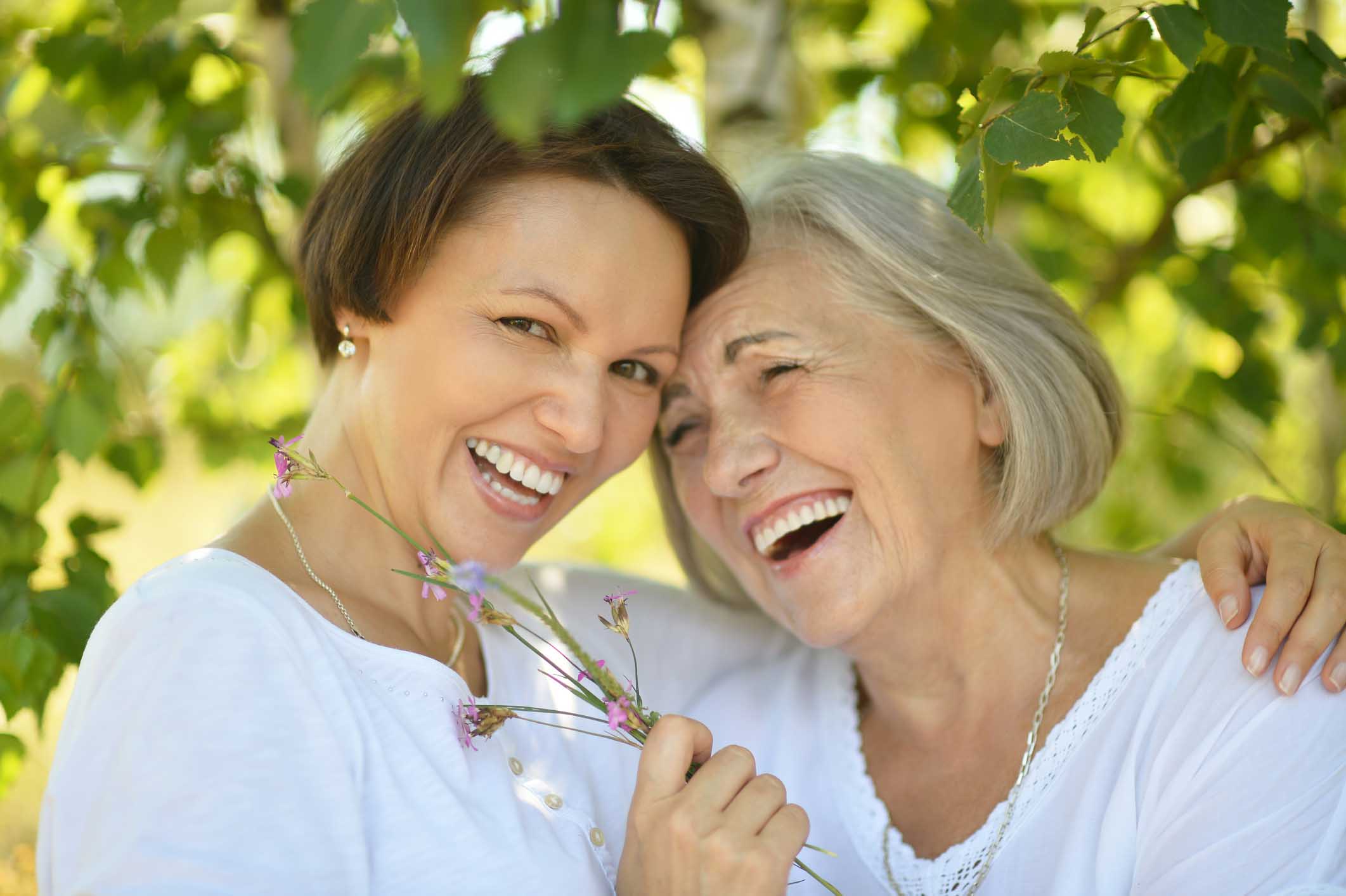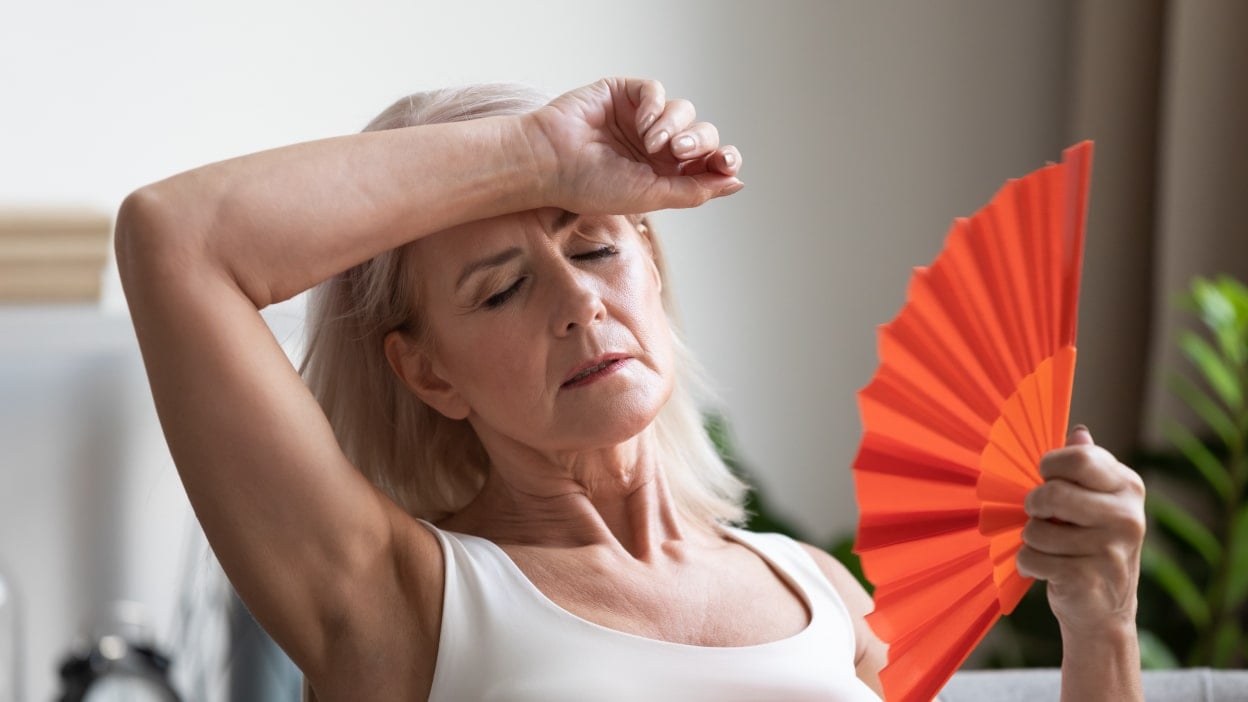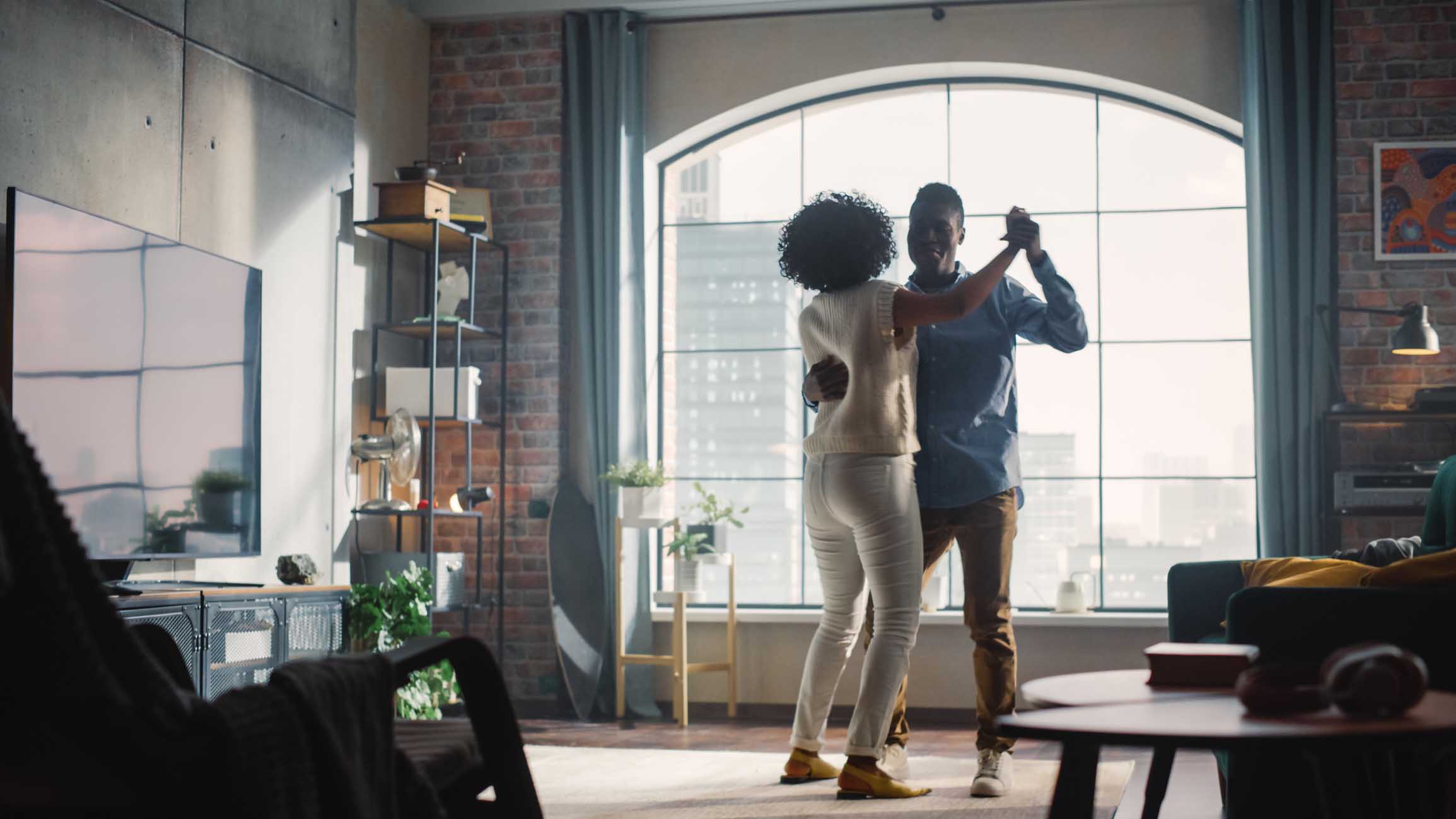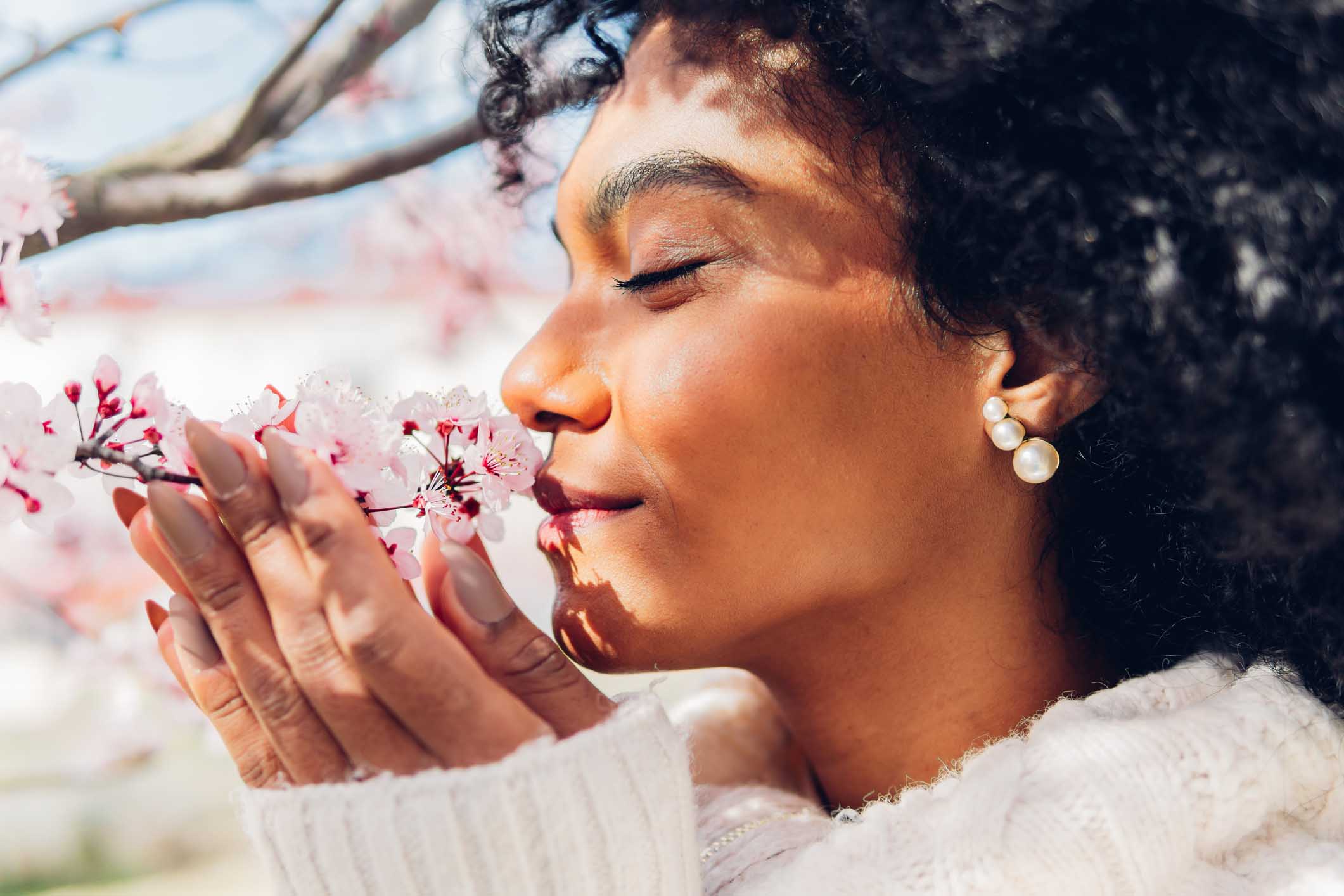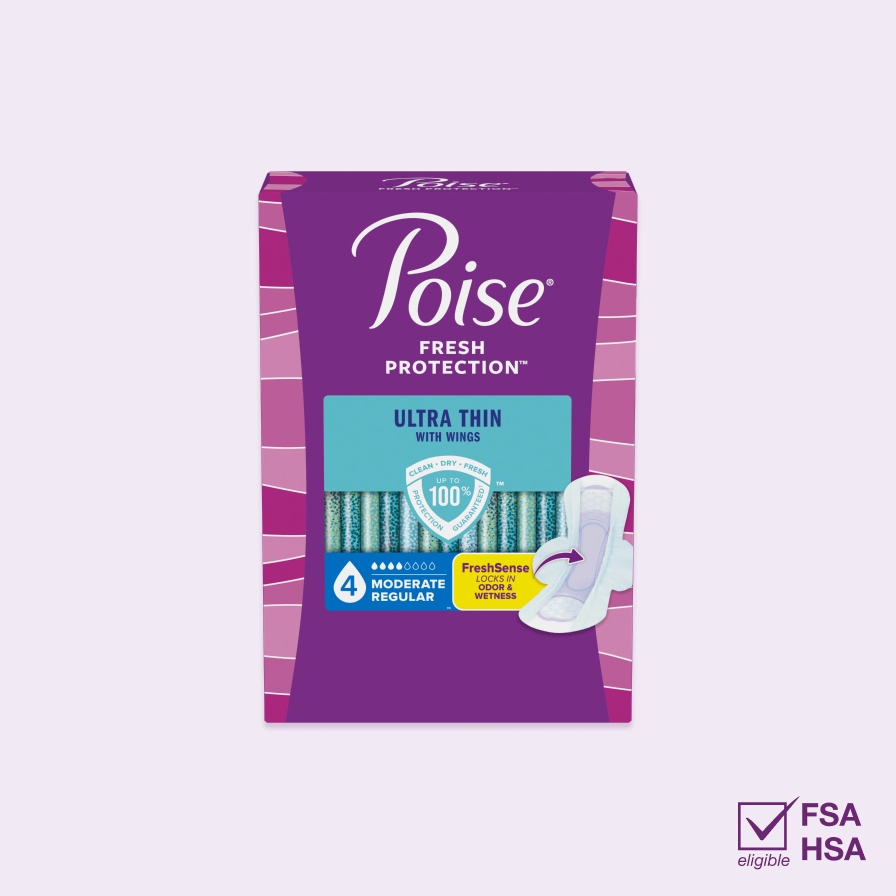Not Your Mother's Menopause
Not Your Mother's Menopause
It's difficult to know just why the generational gap is so wide when it comes to menopause, but what we do know is that women today are no longer suffering in silence. We're talking to our friends, families and especially our daughters, so more of us are learning what the experience is really about. Here's what we're saying about menopause then and now:
A Disease vs. A Natural Phase of Life
Then: Menopause was once viewed as a disease that needed to be treated. You can bet if your mom told anyone about her symptoms, she was automatically sent to the doctor and encouraged to start hormone replacement therapy. It was not until recently, as long term studies raised questions about the one size fits all benefits of HRT, did gynecologists started holding off on this course of treatment. Before, when menopause was viewed an illness, women tended to keep it secret, regardless of their discomfort, or they followed the prescribed cure that was ordered by their doctor.
Now: Today, we rarely hear menopause described as a disease. More often, it is viewed as a life transition ? the way puberty is ? one that impacts women emotionally and physically. Like acne, hot flashes are annoying but not seen as an illness. Hormonal shifts affect our sex drive, and like in adolescence, we deal with the changes. Hormone replacement is not the assumed solution, but rather one based on preference, convenience and tolerance. While some women choose HRT, others opt out of any medical treatment. Some change their diet or try vitamin supplements, yoga and/or acupuncture. Many use products like those found on this website to ease their discomfort. They take charge over their symptoms rather than dutifully following doctor's order. Most women now recognize that they are among millions going through a time in their lives that is challenging but natural and inevitable.
Old vs. Aging
Then: Menopause throughout history had been equated with being old. Not that long ago, when life expectancy was about age 50, women reared their children and then had a decade or two left to live. Cessation of menstruation and the lack of fertility were associated with loss of their value to society. Menopausal women often felt unimportant, even useless, except in their capacity as grandmothers.
Now: As life expectancy has extended past age 80, women feel they are aging for a very long time. This phase of life is viewed more like a true pause than a halt. Also, following the feminist revolution, the lack of fertility no longer had the same meaning. Women began engaging in a wide variety of roles that kept them actively involved in society well past childrearing days. We may hit menopause, but we expect to be productive and fruitful during the many years that lie ahead.
Over the Hill vs. Hot Mamas
Then: In the past, most people didn't believe that attractiveness, sexuality and sensuality were on the minds of menopausal women. Anyone over 50 was viewed as over the hill, rarely portrayed in the media, except as moms or grandmothers. It didn't occur to most women that it was even worth spending effort to maintain their appearance, since it was assumed they were done with sex and romance. Menopausal women didn't appear to care about all that any more. Even if they did, they kept it to themselves to avoid being embarrassed by what some saw as inappropriate youthful longings and desires.
Now: Today we have Meryl Streep, Helen Mirren and Sally Field, to name a few of the dynamic women in the media featured in their own starring roles. (Consider the comedic film Hope Springs about a midlife couple ? Meryl Streep and Tommy Lee Jones ? working to restore intimacy and sex in their marriage.) No doubt women experience changes in libido, but that doesn't mean they are done with fun, sex or intimacy after menopause. Remember, sexual activity once primarily served the purpose of procreation, but recreational sex now continues throughout life. We also know that sensuality is about passion, not youth. Today, women are dressing fashionably, exercising and seeking intimacy well into their 80s and 90s. Menopausal women are actively redefining what it means to be attractive at age 50 and beyond, a far cry from not caring about their self-image.
The more women share our experiences with one another, the better we'll deal with this complicated phase of life. Today's menopause is not like our mother's and if we keep talking, surely the next generation will benefit.
Recommended Products
Absorbency Level
Absorbency Level
